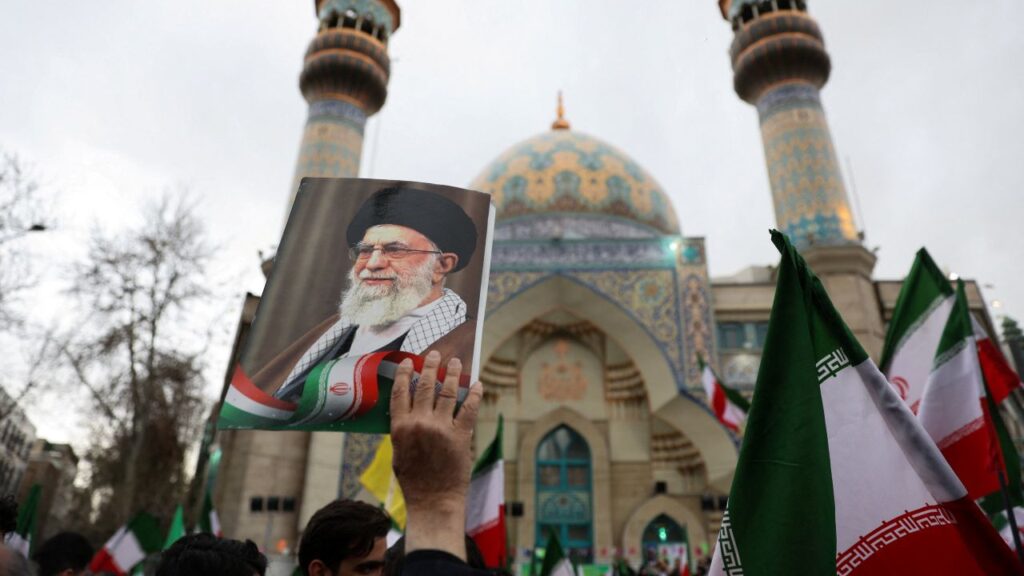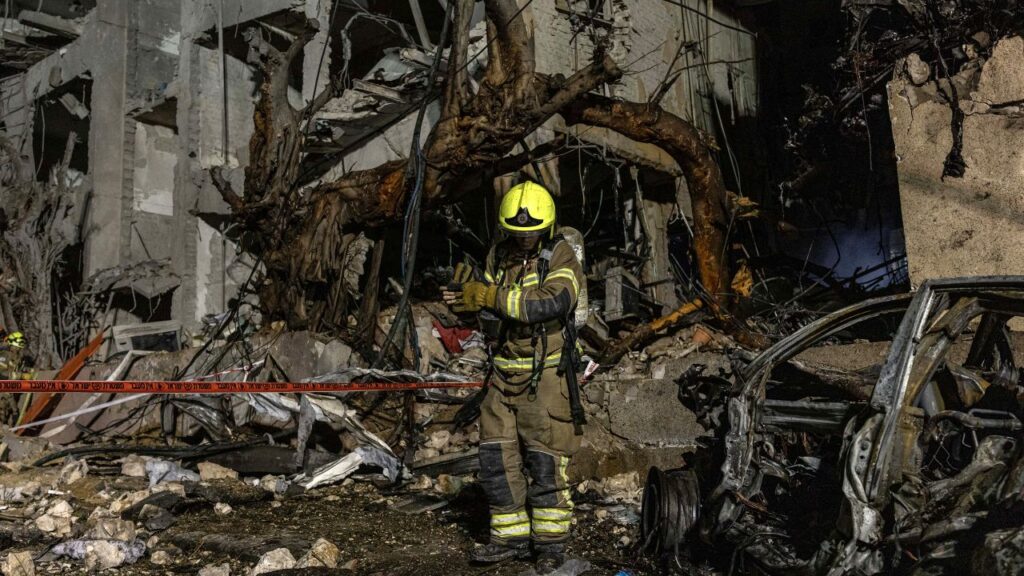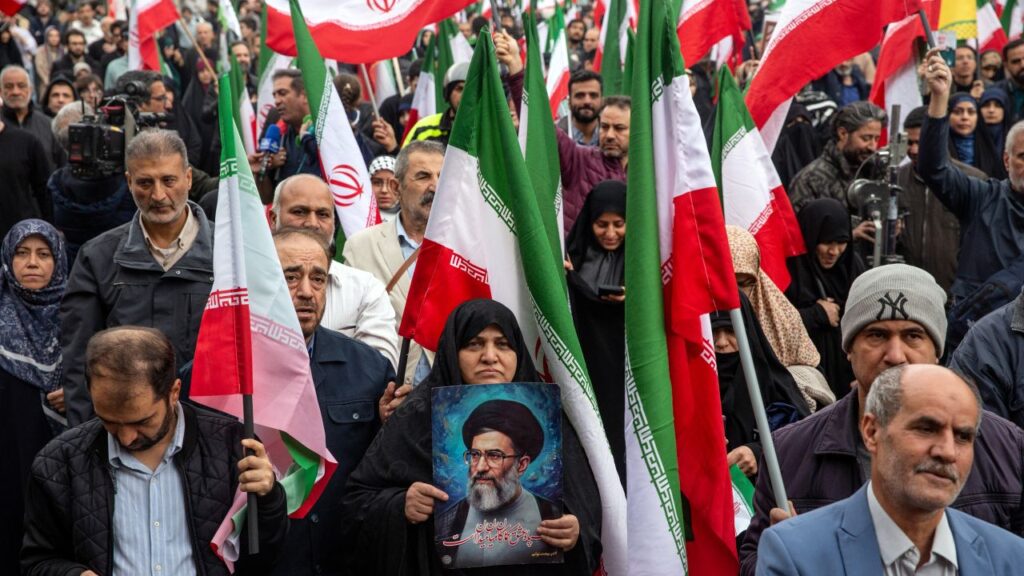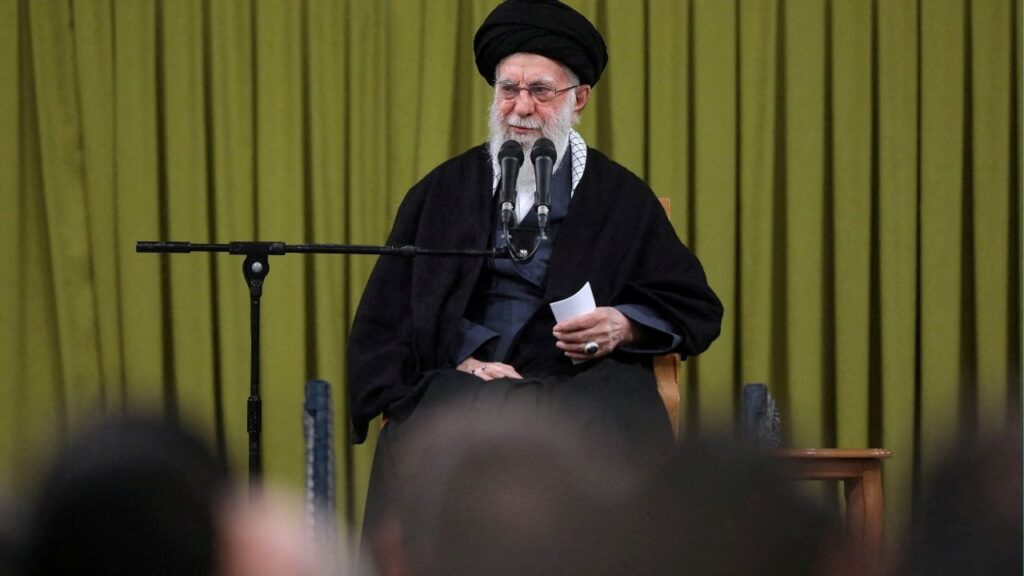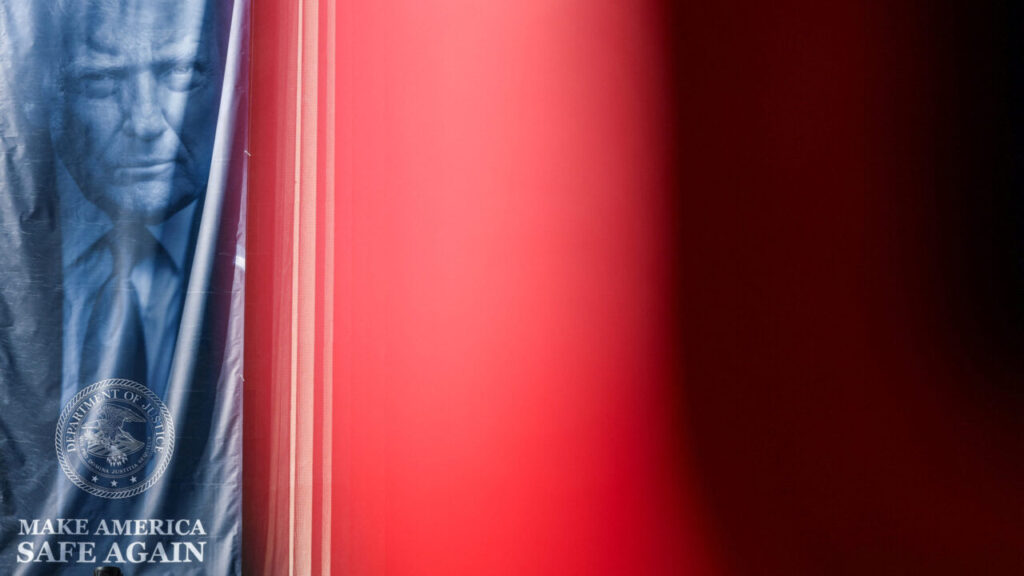Share
MOSCOW — The Kremlin on Tuesday brushed aside calls from the West to release opposition leader Alexei Navalny, who was arrested upon his return to Russia from Germany following treatment for poisoning with a nerve agent. Moscow called his case “an absolutely internal matter.”
Navalny blames his poisoning on President Vladimir Putin’s government, which has denied it. The condemnations of his arrest and the calls from abroad for his release have added to the existing tensions between Russia and the West. Some European Union countries are suggesting more sanctions against Moscow.
Kremlin spokesman Dmitry Peskov told reporters that “we can’t and are not going to take these statements into account.”
“We are talking about a fact of noncompliance with the Russian law by a citizen of Russia. This is an absolutely internal matter and we will not allow anyone to interfere in it and do not intend to listen to such statements,” Peskov said.
Navalny, 44, was detained Sunday evening at passport control at Moscow’s Sheremetyevo airport after arriving from Berlin, where he was treated following the poisoning in August. On Monday, he was ordered to pre-trial detention for 30 days during a court hearing that was hastily set up in a police precinct where Navalny was being held.
Russia’s prison service maintains that Navalny, Russia’s most prominent opposition figure and anti-corruption campaigner, violated the probation terms of his suspended sentence on a 2014 money-laundering conviction, which was deemed “arbitrary” by the European Court of Human Rights.
Officials are seeking to send Navalny to prison to serve the 3 1/2-year suspended sentence.
He has interpreted the crackdown against him as a sign of Putin’s fear. Peskov dismissed suggestions that Putin was afraid of Navalny as “nonsense” and insisted that he had violated the law. The spokesman said the questions law enforcement had for Navalny “have nothing whatsoever to do with the Russian president.”
Navalny fell into a coma while aboard a domestic flight from Siberia to Moscow on Aug. 20 and was flown to a Berlin hospital two days later. Labs in Germany, France and Sweden, and tests by the Organization for the Prohibition of Chemical Weapons, established that he was exposed to a Soviet-era Novichok nerve agent.
The Investigation Alleged That the Estate, Located in a Secluded Area That Is Heavily Guarded by Russia’s Security Forces
Russian authorities insisted that the doctors who treated Navalny in Siberia found no traces of poison and refused to open a full-fledged criminal investigation.
Last month, Navalny released the recording of a phone call he said he made to a man who he alleged was a member of a group of officers of Russia’s Federal Security Service, or FSB, who purportedly poisoned him in August and then tried to cover it up. The FSB has dismissed the recording as fake.
After Navalny was jailed Monday, his allies announced preparations for nationwide protests on Saturday and released a video of Navalny urging people to not “be afraid” and “take to the streets.”
Peskov said that while the calls to take to the streets were “alarming,” the Kremlin didn’t fear mass protests.
Also on Tuesday, Navalny’s team released a two-hour video investigation of what they called “Putin’s palace” — an estate on Russia’s Black Sea that they said cost $1.3 billion and was allegedly funded through an elaborate corruption scheme involving Putin’s inner circle.
In the video produced and recorded before his arrest, Navalny claims that the estate and grounds that Russian media had linked to Putin years ago is 39 times the size of Monaco.
The video featured drone video of the estate and detailed floor plans that Navalny says were leaked to his team by a contractor. Among the 3D images of interiors that the team said were created based on the floor plans and other sources were a hookah lounge, a small theater and a casino room.
The investigation alleged that the estate, located in a secluded area that is heavily guarded by Russia’s security forces, also had an underground ice rink and a tunnel from the mansion to the shore.
“It is the most secretive and guarded facility in Russia,” Navalny says in the video. “It isn’t a country house or a residence — it’s an entire city, or rather a kingdom.”
Peskov told Russian media the allegations were “untrue.”
In the video, Navalny’s team once again urged supporters to take to the streets on Saturday. “Navalny has been fighting for our rights for many years. It is our turn to fight for him,” a short message says at the beginning of the video.
RELATED TOPICS:
Categories
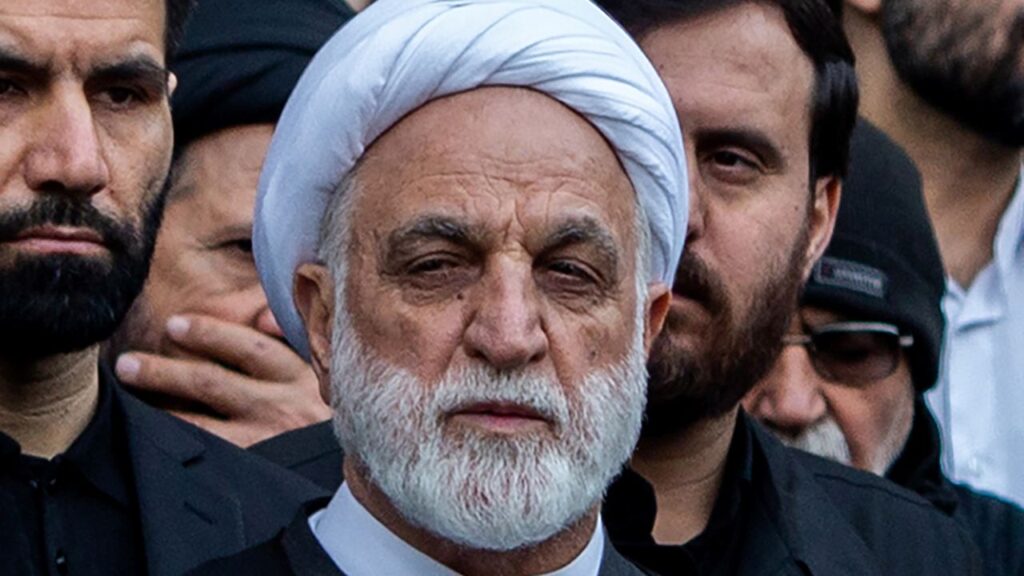
Who Could Take Over for Ayatollah Ali Khamenei?
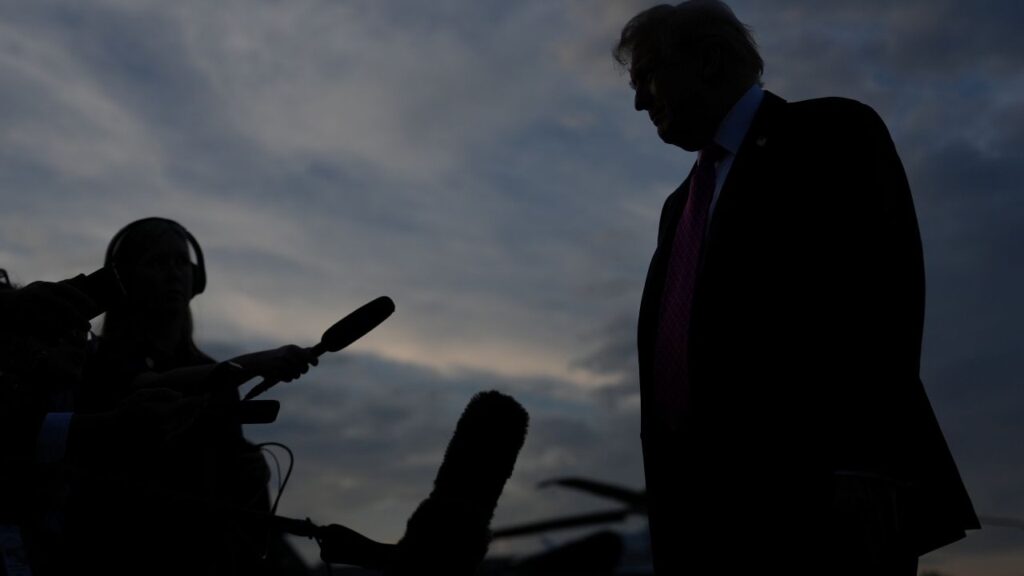
Why Have You Started This War, Mr. President?
